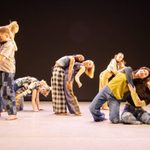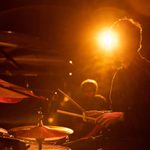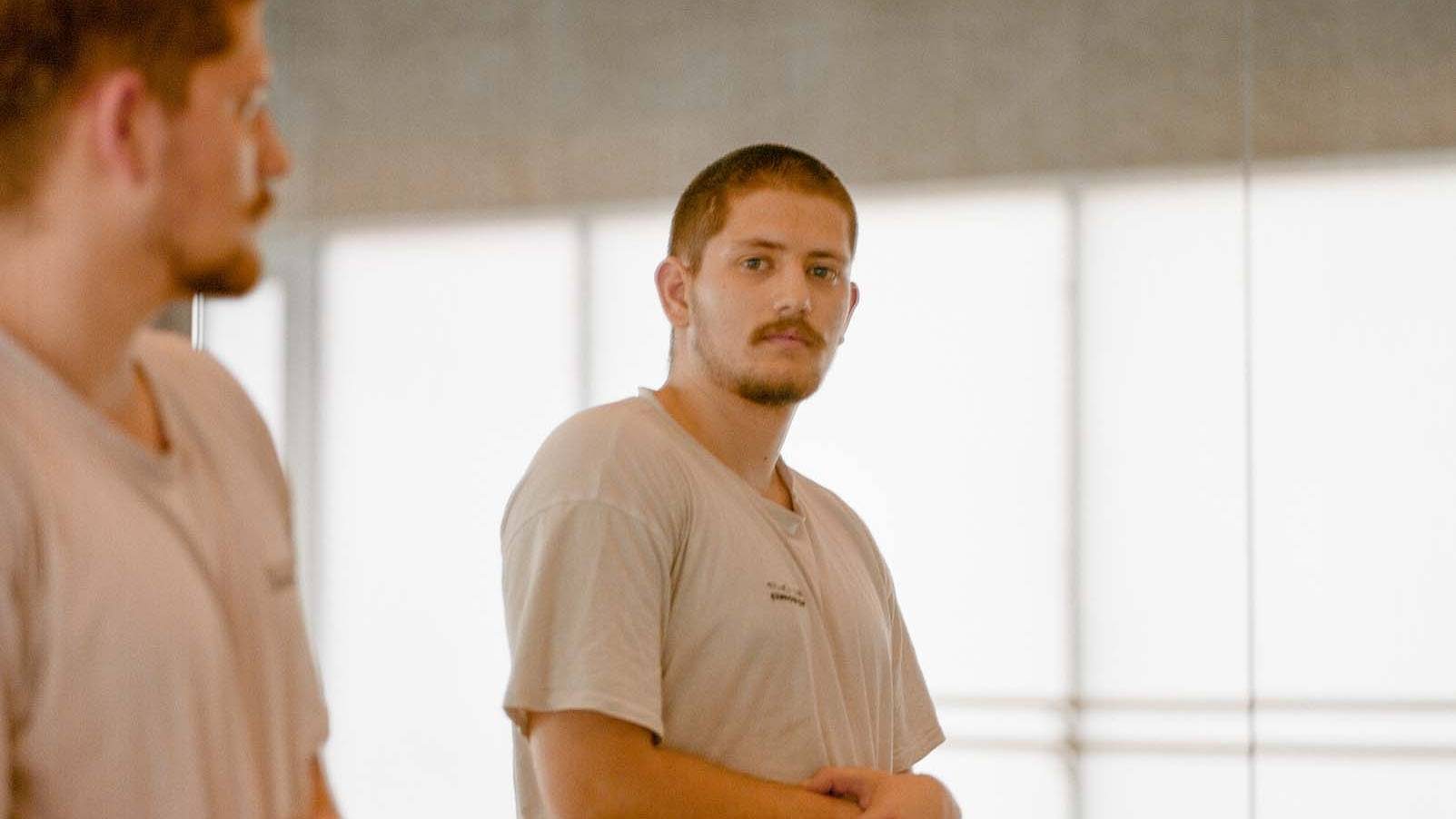
Study
Forge your own path at Trinity Laban, at whatever your stage of life, or level of experience. Join us on a degree programme, an extended period of research, just for a summer or at weekends. Break convention, redefine tradition.

Open Days
Discover your future in Music, Dance, and Musical Theatre at one of our upcoming open days.
We’ll show you how studying at Trinity Laban equips you with the tools to develop your career, build a network and become the artist you want to be.
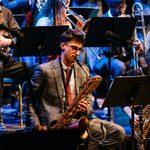
Careers
Careers
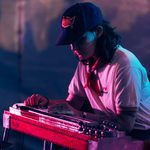
Performance and Industry opportunities
Your journey starts here
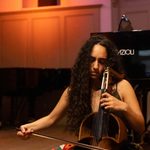
International students
Discover
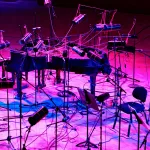
Term Dates
Check term dates

Student Life
Your studies are only one part of the picture. Find out about student support, accommodation, Students’ Union and more.
Every day is something new. You don't want to miss it.
Sign up for updates on new events and classes
